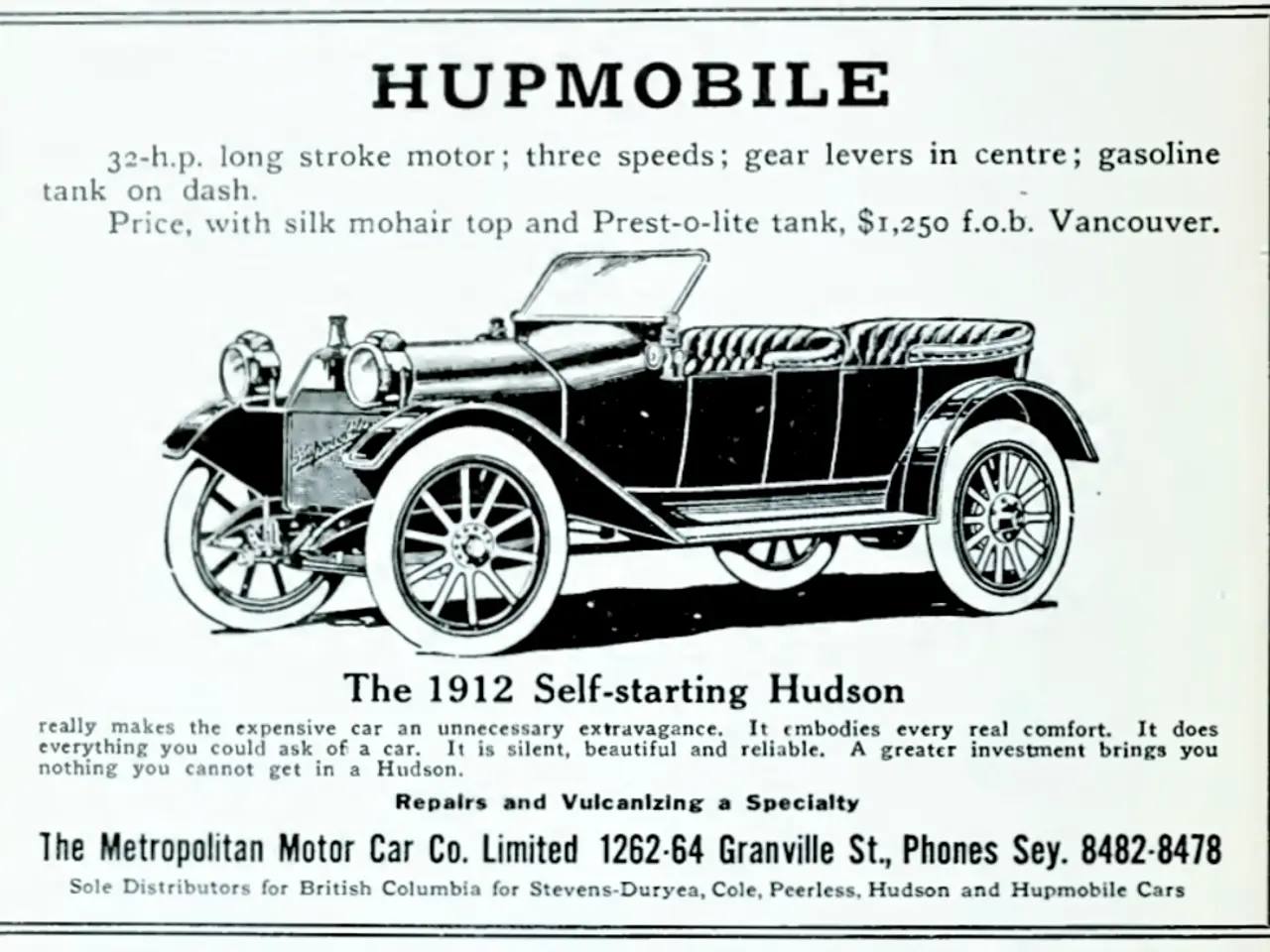E-car charging costs too much for drivers, according to ADAC's revelation
In the growing electric vehicle (EV) market, drivers are facing a challenge: unclear and potentially expensive charging prices. A study by ADAC, the German automobile club, has revealed that the pricing landscape for EV charging is complex, non-uniform, and often leads to unexpectedly high costs, especially at fast DC chargers [1][2].
The problem lies in the lack of transparency, with only 4% of drivers having access to real-time price information at charging stations or digitally [2]. This lack of clarity can result in significant price differences, with prices up to 62% higher for ad-hoc charging without a contract compared to contract-based tariffs at highway stations [1].
For instance, EnBW charges 87 cents ad-hoc compared to 59 cents contractually, while EWE Go charges 84 cents per kWh compared to 52 cents for a contract tariff [1]. On the other hand, providers such as Allego, Circle K, EAM, and Fastned do not charge any surcharge for ad-hoc charging, but few consumers take advantage of this [2]. Some providers even charge only a 5 cent surcharge for ad-hoc charging, but these fair models are not yet widespread [2].
MER and E.ON also have higher prices for ad-hoc charging compared to contract tariffs, adding to the issue of inconsistent pricing [1]. This complexity makes it difficult for drivers to predict and compare costs effectively, leading to dissatisfaction among EV users.
Fees such as blocking charges or premium payments are not always clearly communicated upfront, causing further confusion [1][2]. To address these issues, regulators and consumer advocates are calling for stronger regulations.
The proposed regulations aim to ensure price transparency, fair and comparable pricing, clear payment methods, and consumer protection. This includes clear, standardized pricing information before and during charging, standardized price caps or consistent pricing models, especially for fast chargers, simple, straightforward payment options, and enforcement mechanisms that allow consumers to dispute unfair charges and access reliable price information easily [1][2].
Recent moves towards greater price consistency and transparency include Maingau Autostrom’s decision to standardize prices across Europe with fixed DC charging rates [2]. Apps like Chargeprice also help drivers compare costs across providers, promoting transparency and competition [1].
However, without regulations, electric car charging will remain unequal. Those who travel spontaneously will continue to pay more, while those who plan long-term will have an advantage. The ADAC is calling for a market transparency office for charging prices at the cartel office, similar to the price supervision for fuels [1].
In conclusion, the complex, non-uniform pricing landscape uncovered by the ADAC drives calls for regulatory action focused on transparency, fairness, and consumer rights to make EV charging prices clearer and more predictable for drivers [1][2].
[1] ADAC, "Elektromobilität: Preistransparenz bei der Ladesäule fehlt", 2021, https://www.adac.de/presse/pressemitteilungen/2021/preistransparenz-bei-der-ladesaeule-fehlt-04-2021
[2] CleanTechnica, "ADAC: Electric Car Charging Prices Are Often Unclear and Expensive for Drivers", 2021, https://cleantechnica.com/2021/04/20/adac-electric-car-charging-prices-are-often-unclear-and-expensive-for-drivers/
The consumer industry is deeply involved in the electric vehicle (EV) charging market, with pricing practices lacking transparency and leading to unexpected high costs for consumers, particularly fast DC charging stations. Regulators and consumer advocates are proposing regulations to enforce price transparency, fair and comparable pricing, clear payment methods, and consumer protection, aiming to make EV charging prices clearer and more predictable for drivers.




